A research abstract serves as a brief synopsis of the larger work. The abstract's purpose is to give the maximum amount of pertinent information in the minimum amount of space.
What should the abstract contain?
- An opening: 1-3 sentences that identify the main research question, place that question in context, and explain why it is important to answer.
- A body: 1-3 sentences that answer the question (e.g., a theoretical argument), summarize the study's approach, and/or highlight the methods used to investigate the question.
- Results: 1-3 sentences that present the study's major results and their implications for future work/policy/practice.
- A conclusion: 1-2 sentences that explain the results' importance, or delineate what you plan to do going forward.
What if my project doesn't have results yet?
- That's okay. Write the abstract with the other points in mind. What do you expect to find? Why?
- Note: You do not have to use all the words alloted for your abstract. It can be shorter than the maximum, though you will want to give as much pertinent information to readers as possible.
What should my abstract not contain?
- Special characters (unless absolutely necessary; see submission directions)
- Italics, bolding, or underlining (unless absolutely necessary; see submission directions)
- References to other literature, to figures, or to tables
- An excessive use of acronyms, abbreviations, and jargon
- Language too technical for an educated, non-specialist to follow
- Repetition
- Unnecessary or unclear sentences
- The passive voice
What if I need more assistance?
- Look at examples of abstracts from our Symposium Archives
- Consider visiting the UGA Writing Center
- Review resources on good writing (e.g., The Purdue Online Writing Lab)
- Visit other academic organizations, such as the University of Wisconsin's Writing Center, which has a detailed primer on Writing an Abstract for Your Research Paper, or the University of Boston, whose section on Abstract Writing informed the material we present here
- Find your discipline's professional organization to see if they offer advice, like these guidelines for undergraduate researchers from the American Chemical Society
